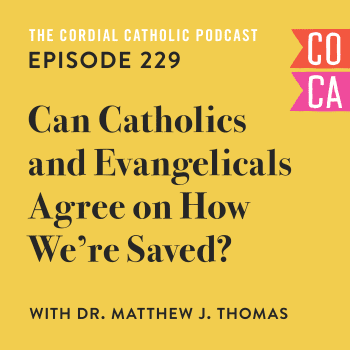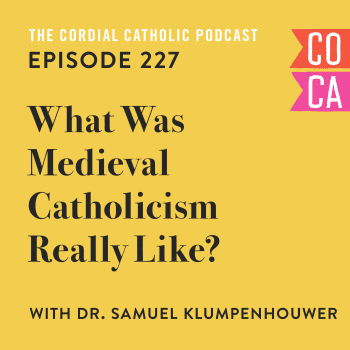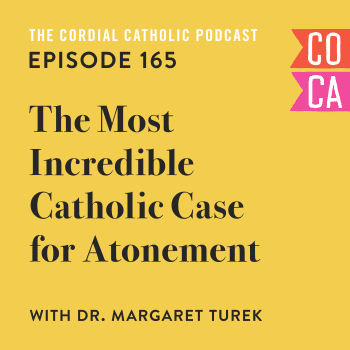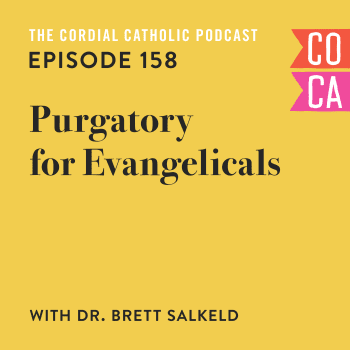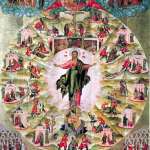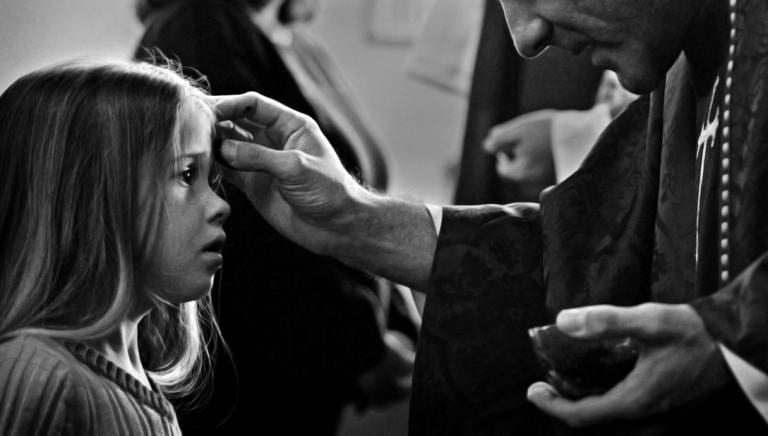
Every year at this time the “Remember That You Are Butt Dust” meme starts circling the internet. And every year, when I see it again for the first time, it never fails to entertain. It’s a classic case for proofreading and a great ode to the nuance of the English language. But it’s also a great object lesson in the beautiful theology of Lent.
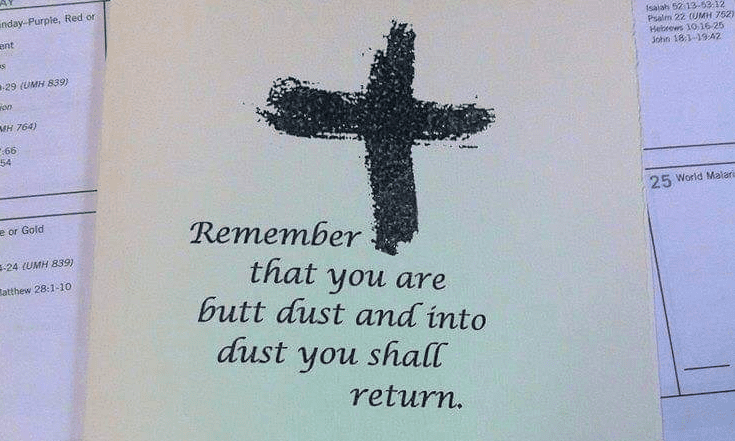
While Martin Luther and the Early Reformers may have agreed with the sentiment, Catholic theology does not, in fact, teach that we are butt dust.
Luther, indeed, got very close when he described human beings and our good works as a pile of “dung.” To Luther, Christians could do no good works worthy of anything other than a big pile of poo. It was Christ, like freshly fallen snow, that covered our steaming hot piles of dung to make us worthy.
(I don’t know about you, but nothing says sanctification like a steaming hot pile of poop—covered by snow.)
What the Catholic Church says, and what Lent reminds us of, is that we are not, in fact, dust from a butt or a steaming pile of poop but magnificent works made in the image of the Almighty God.
We are brilliant. We are beautiful. And we are, so we are told, worthy of a place in the family of God.
Purgatory, Not Poo
Purgatory is one of those classically misunderstood Catholic teachings despite being wonderfully simple to explain.
Through Christ, and Christ alone, we are saved unto eternity. Those that die in friendship with Christ join His Family in Heaven, but only perfect things can exist in Heaven. Therefore, we have to become perfect before we can join the party. We try, on Earth, through the grace God gives us but if we still have hurts or hang-ups when we die those have to be dealt with first. God cannot wave a wand or overwhelm our wills to make us perfect the minute we die. This is purgatory, what the Apostle Paul calls the “fire” that we escape through and this is what believers will experience—a kind of “burning away” of those last vestiges of sin.
I am saved by Christ but I am not perfect yet. I must become perfect to enter Heaven. How am I made so?
That, quite simply, is purgatory.
Lent, then, is like a mini-purgatory.
Lent, the Little Purgatory
Throughout Lent the goal of the good Catholic, to quote St. Paul again, is to train ourselves like athletes to run a race. Through fasting, through prayer, through a practice of good spiritual reading Lent helps us to supercharge our transformation into the perfect beings which Christ intends for us to become.We pray and fast and give because God wants, in Heaven, people that pray and fast and give. Because that is who God is. Because that is His heart for us too.
God wants us to share in His divine life in Heaven. He gives us grace, in Lent, to help us in that transformation.
This is the point and purpose of Lent.
We are not butt dust.
Instead, we are beings created in the image of God that are capable of doing good things. We are capable of being like Christ in our actions and attitude not so that we can win or attain our own salvation—this was the fundamental misunderstanding of the Reformers and many Christians today—but so that we can, bit by bit, become more like God through the grace He gives. That if we cooperate with how God wants us to live we can, we’re told, move mountains for Christ.
We are not butt dust, and this should spur us into greater, deeper, and more meaningful action. Because we are capable of greatness, of becoming who God intends us to be if not in this life then in the next. Lent, at any rate, is meant to give us a good head start.







